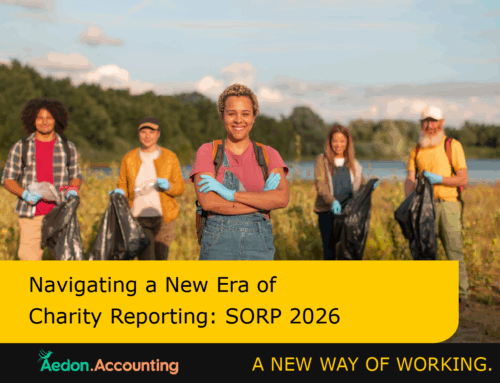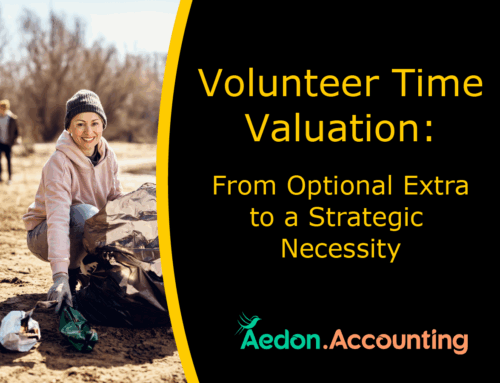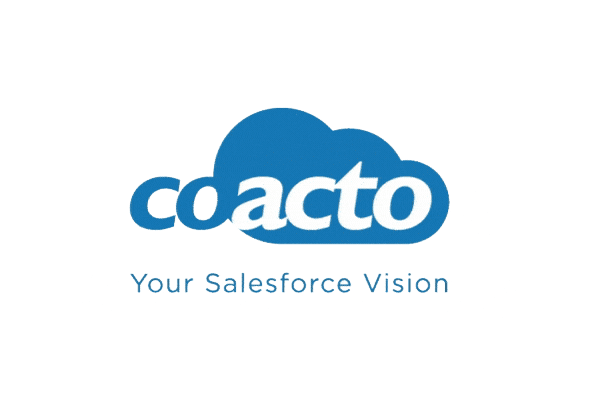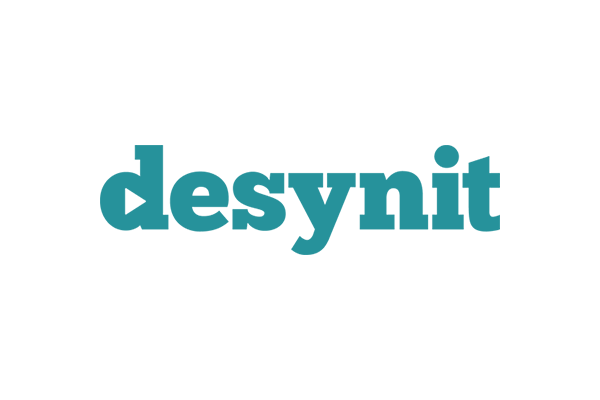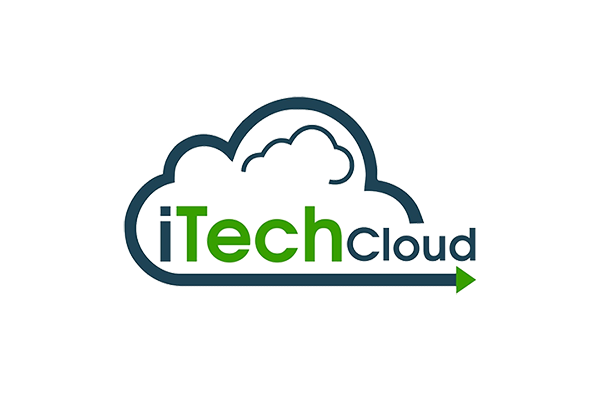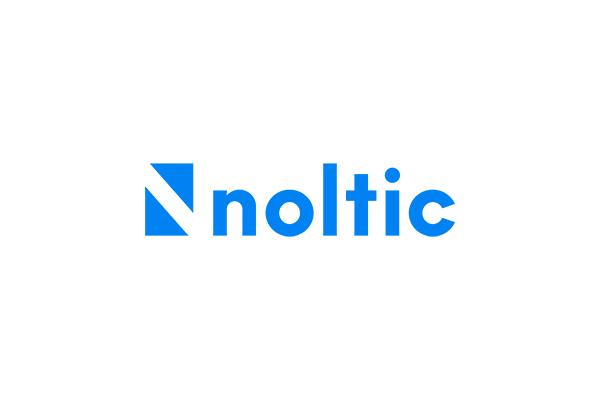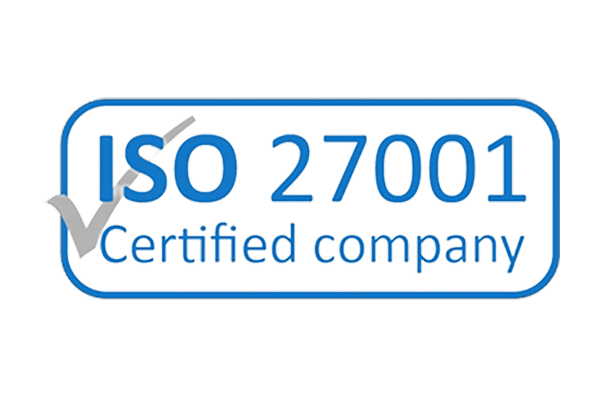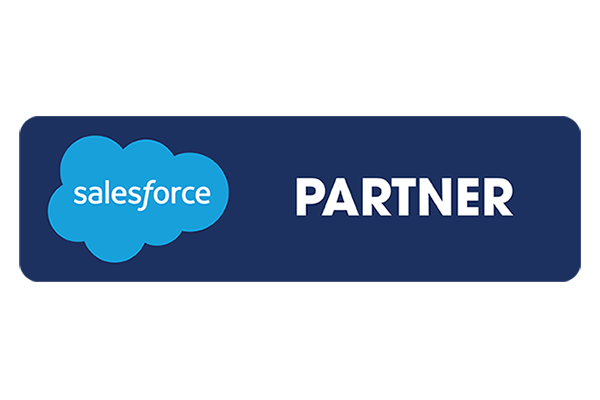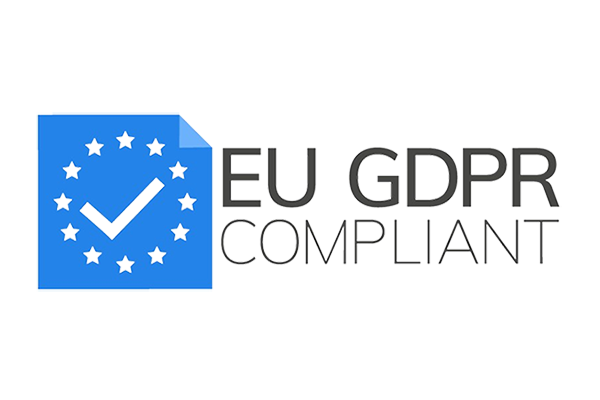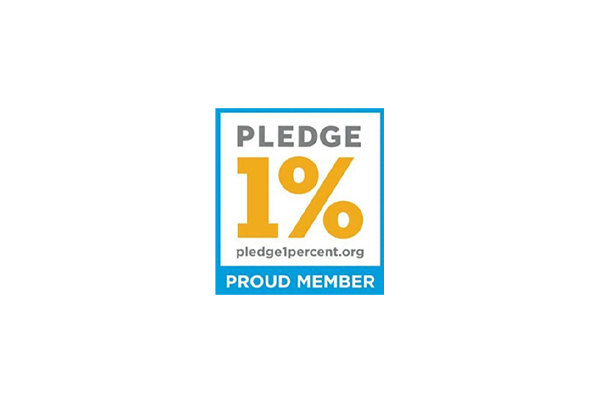Is It a Charity or a Business? Don’t Be Fooled by the Wolf in Sheep’s Clothing
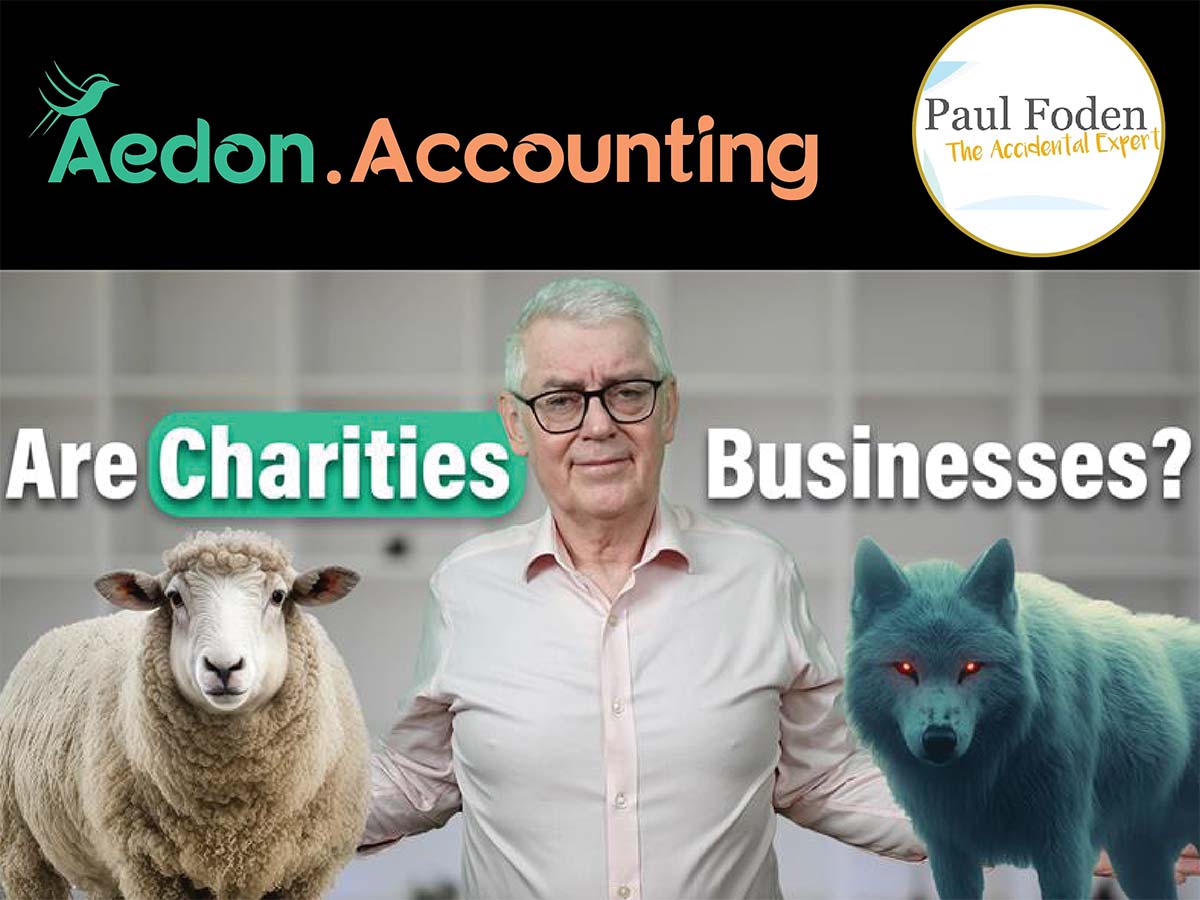
Published:1 April 2025
At a glance, charities and businesses can look remarkably similar. They both handle money, employ people, run operations, and submit financial reports. But don’t be fooled—beneath the surface, they’re operating under very different rules.
In the latest episode of The Accidental Expert, Paul Foden, CEO of Aedon.Accounting, explores the idea of “wolves in sheep’s clothing”—business practices and assumptions that just don’t translate into the charity sector.
With over 168,000 registered charities in the UK and nearly 900,000 people employed in the sector, it’s more important than ever to understand what truly sets them apart from commercial businesses.
What Makes Charities Different?
Paul unpacks seven key differences between charities and businesses, including:
- Goals – Charities are driven by public benefit, not profit.
- Governance – Trustees are unpaid and can’t benefit personally from their role.
- Funding – Donations, grants and restricted funds make fund accounting more complex than you’d think.
- Financial Reporting – The Charity SORP adds a thick layer of detail to FRS 102.
- Accountability – A wider group of stakeholders means more transparency and more scrutiny.
- Tax Treatment – Charities receive generous tax benefits, including corporation tax exemptions, reduced business rates, and Gift Aid. Businesses pay corporation tax, business rates, and VAT, with fewer exemptions (although they can access certain reliefs under specific circumstances).
- Legal Structure – Charities are governed under the Charities Act and regulated by the Charity Commission, whereas businesses follow the Companies Act, and are registered with Companies House (or its equivalents in Scotland and Northern Ireland).
You’ll also hear why charities need dedicated finance tools—and why Aedon built one, specifically for this space.
📺 Watch “The Accidental Expert – Charities vs Businesses” now.
💡 Explore Aedon.Charities and how we support SORP-compliant reporting.

